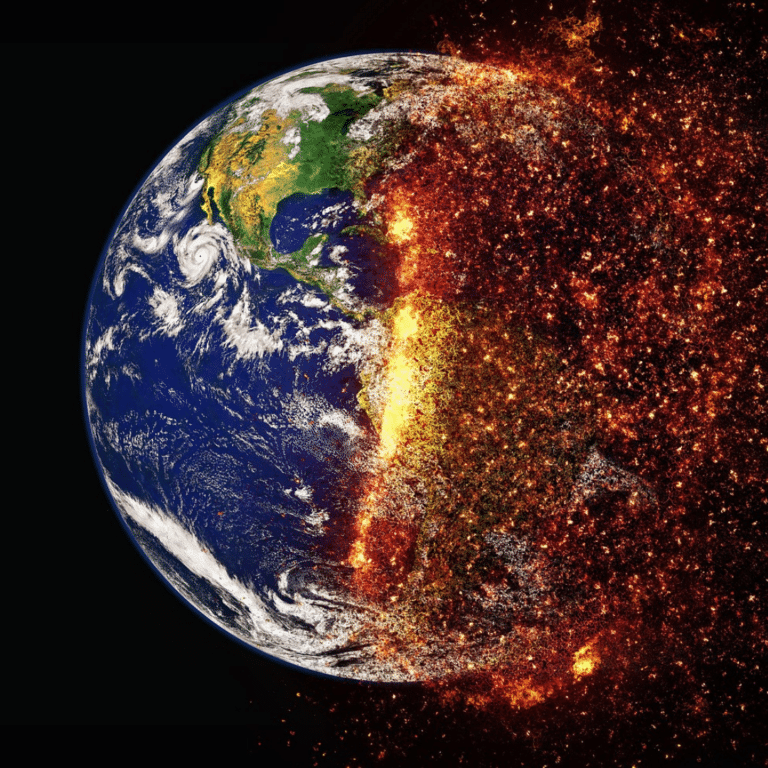According to the definition proposed by the UW Language Observatory, climate anxiety is “the chronic fear of climate catastrophe.” Climate anxiety is primarily anticipatory – it is concerned with what might happen in the future. It can be counted among the gradual psychological consequences that climate change produces.
As Dr. Magdalena Budziszewska of the UW Department of Psychology writes, citing 2014 and 2017 reports by the American Psychological Association, these gradual effects are “the consequences of the gradual deterioration of living conditions, but also of its anticipation and awareness of the risk of exceeding tipping points in the planet’s climate system.” Changes of this kind are deep and chronic. In addition to anxiety, this group also includes: depression, addictions or feelings of helplessness.
Climate anxiety
Climate anxiety, as one of the strong emotions felt in the face of the threat of a climate catastrophe, affects most often: professionals dealing with the issue, well-informed people (such as journalists), as well as young people and children. For the latter group in particular, the psychological consequences of climate change are clearly visible. 60% of respondents to a University of Bath survey of people between the ages of 16 and 24 say they have high or extreme anxiety about climate change.
However, it should be noted that climate anxiety is an adequate and natural emotion that arises in the face of a universal threat, which is the vision of climate catastrophe. In the words of Dr. Budziszewska, “because of the threatening nature of climate change, while at the same time very complex and huge, it is easy to have apathy and paralysis accompanying anxiety.” So while this is a natural reaction of our body to the challenges we face, it should ultimately lead to constructive and thoughtful action on a macro level, based on the principles of cooperation and social trust.
Finally, we encourage you to read the publication “Climate ABC. Interdisciplinary Foundations of Contemporary Climate Change Knowledge,” which includes a chapter on the psychological effects of climate change by Dr. Magdalena Budziszewska. We have also written about the phenomenon of climate depression as part of the #UWeigh on Drought campaign (#EkoMowa series). Links to both texts can be found below.
Bibliography:
https://cwid.uw.edu.pl/depresja-klimatyczna/
#cwiduw #world ofchange #drugs #uw #science

